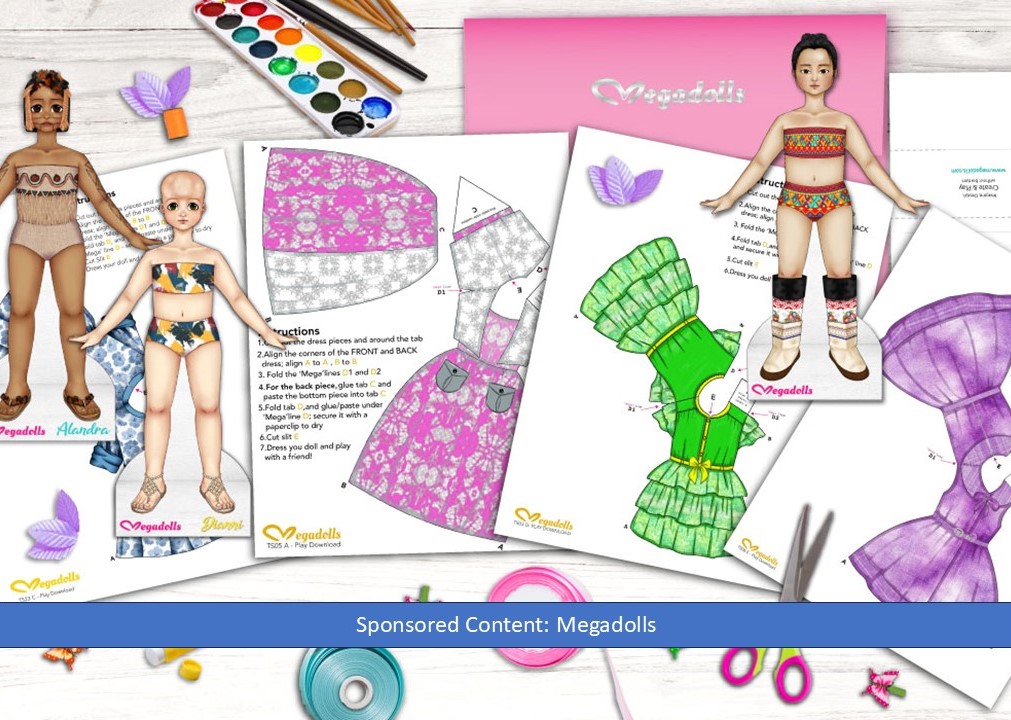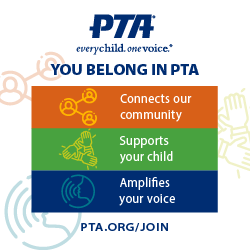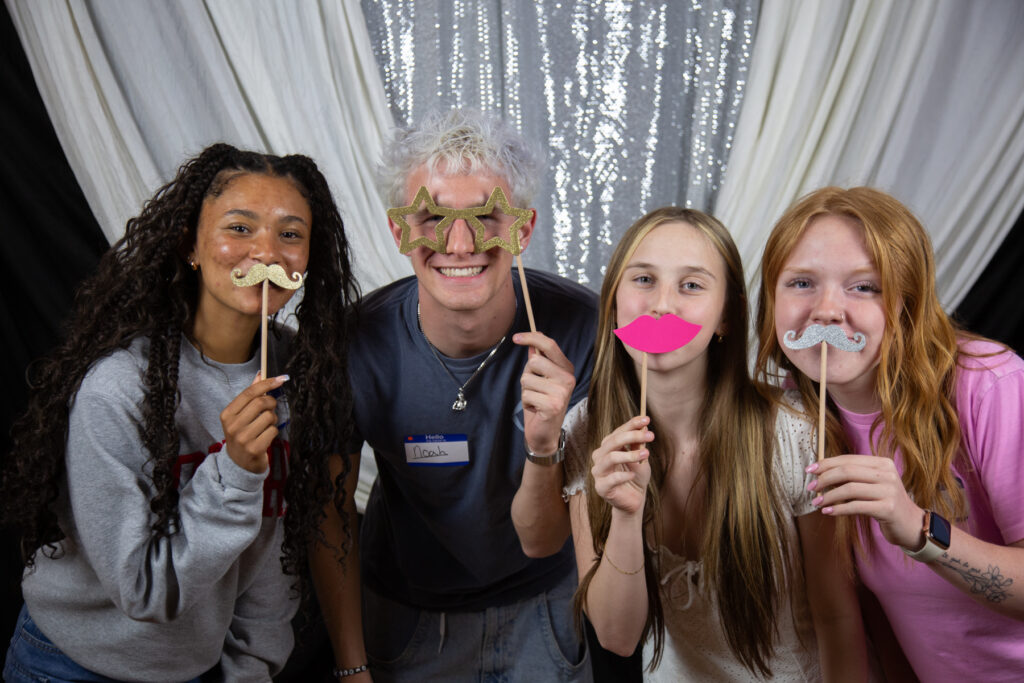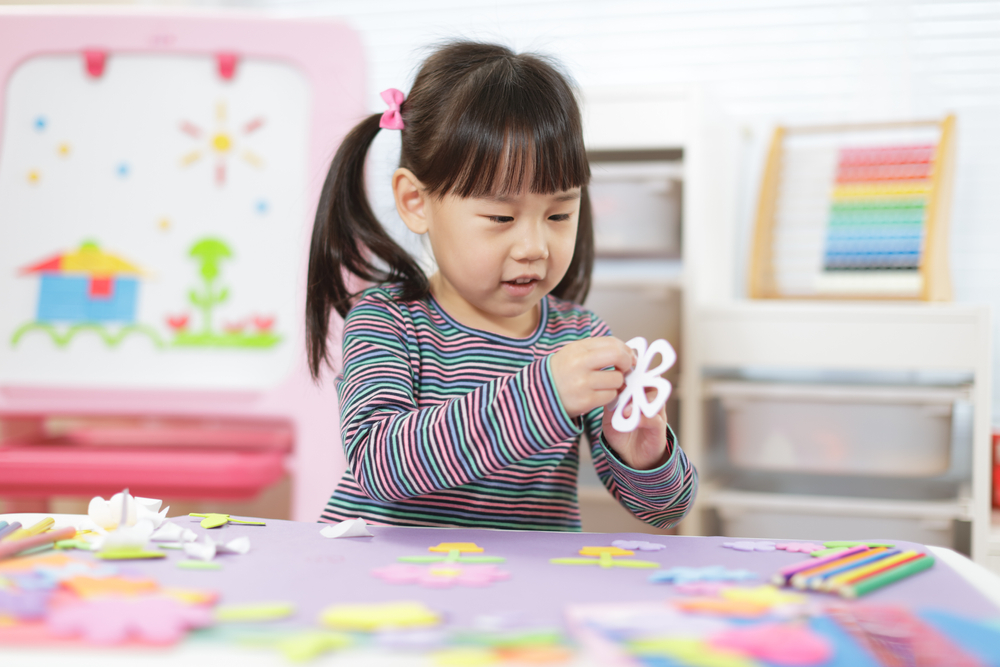Virtues are moral qualities or behaviors that reflect doing what is right in different situations. Being virtuous means embodying traits like honesty, self-respect and thoughtfulness. These traits help guide individuals in making good choices and shape their relationships with others and their communities.
Virtues help children understand the difference between right and wrong. They help them form the foundation for leading a good life. That’s why it’s essential for children to learn virtues early in their development.
Why are Virtues Important
Children need a solid moral compass in a fast-paced world where distractions and challenges abound. Virtues serve as that compass, helping them navigate difficult situations with integrity and kindness. Teaching children virtues equips them to handle life’s ups and downs with resilience and wisdom.
Children observe and mimic behavior from a young age, making it critical for parents to instill virtuous habits. When children learn to be honest, they understand the value of truth. When they practice empathy, they can connect with others more deeply, fostering compassion and understanding. These traits are vital not just for personal development but also for building strong communities.
Practice Virtues Through Play
People aren’t born virtuous. Virtues, like any other skill, takes practice. One of the best ways to help children practice virtues is through play. Playtime allows children to explore different situations and roles, providing a safe space to express emotions and make decisions. Games that involve cooperation, kindness and patience are ideal for reinforcing virtuous behavior.
For example, playing with paper dolls can be a fun and interactive way for children to explore virtues. Paper dolls allow children to create different scenarios where their characters must choose how to act, allowing them to “practice” being virtuous.
Paper Dolls and Virtues
Megadolls, a paper doll company whose mission is to captivate children’s interests and teach them life essentials, helps children practice virtues, with each doll’s outfit linked to a virtue through color:
- Black is for humility
- Blue is for self-respect
- Brown is for honesty
- Gray is for generosity
- Green is for empathy
- Orange is for thoughtfulness
- Pink is for gratitude
- Purple is for confidence
- Red is for courage
- White is for awareness
- Yellow is for friendship
When children dress their Megadolls in a specific color, children can explore how those virtues apply to real-life situations. For example, if a child struggles with confidence, they can dress their paper doll in purple and act out how they might handle different situations. This type of imaginative play helps reinforce the understanding and practice of virtues.
Children can use the dolls to work through challenging situations. If they don’t feel brave enough to stand up for themselves, or even for a friend at school, they can use the dolls to role-play different responses and think of ways to show more courage in the future. This innovative approach encourages children to associate virtues with behaviors and integrate them into their daily lives.
Virtues Take Practice
Virtues are essential qualities that help us lead moral and fulfilling lives. For children, learning these traits early can set the stage for personal growth, resilience and meaningful relationships.
While teaching virtues requires patience and consistency, it can be made enjoyable through interactive play. By incorporating virtues into playtime, parents can provide a robust and fun tool for their children’s moral development.
Virtues take practice, but through playful exploration and guidance, children can grow into conscious adults who can improve the world.
Discover how PTAs can collaborate with Megadolls to promote values that foster kindness, creativity and self-expression while achieving their goals.


















